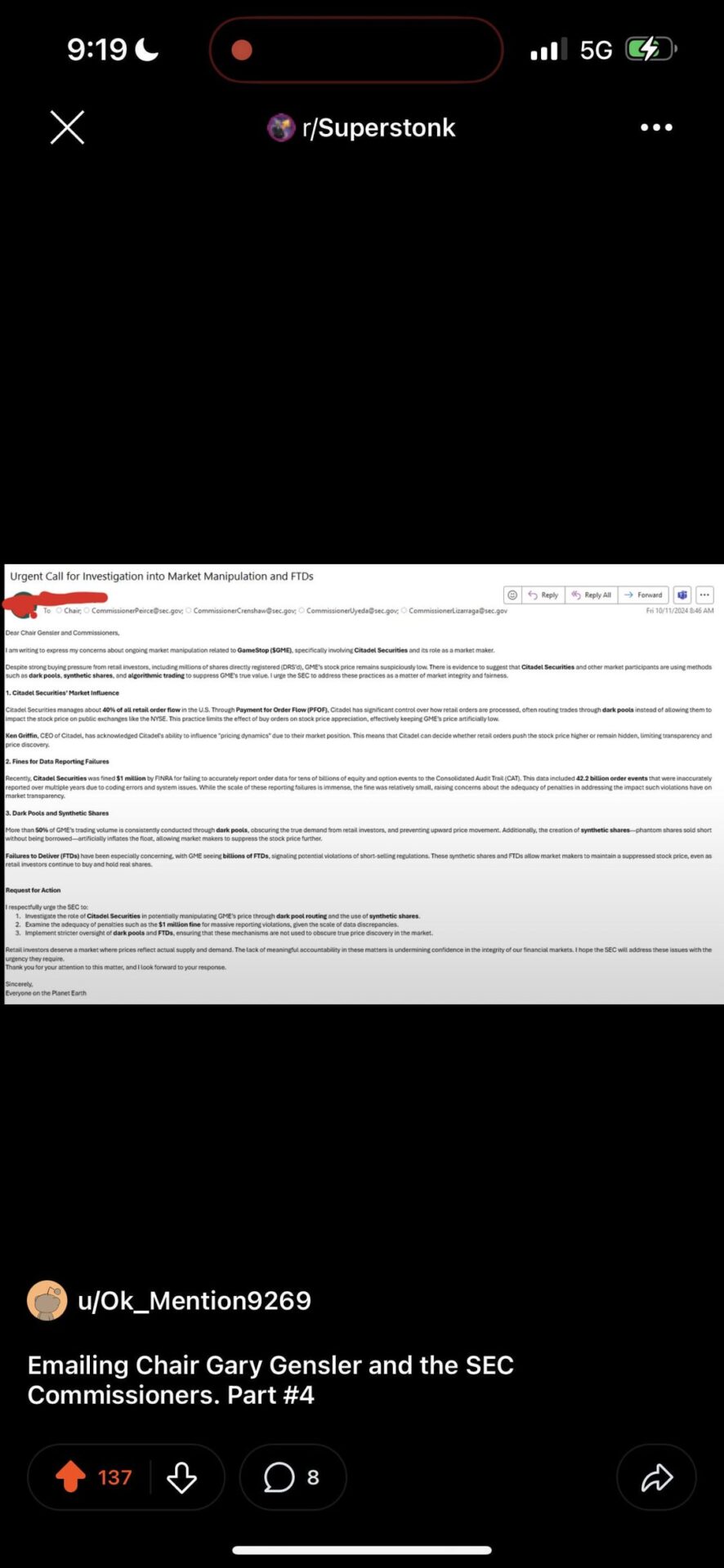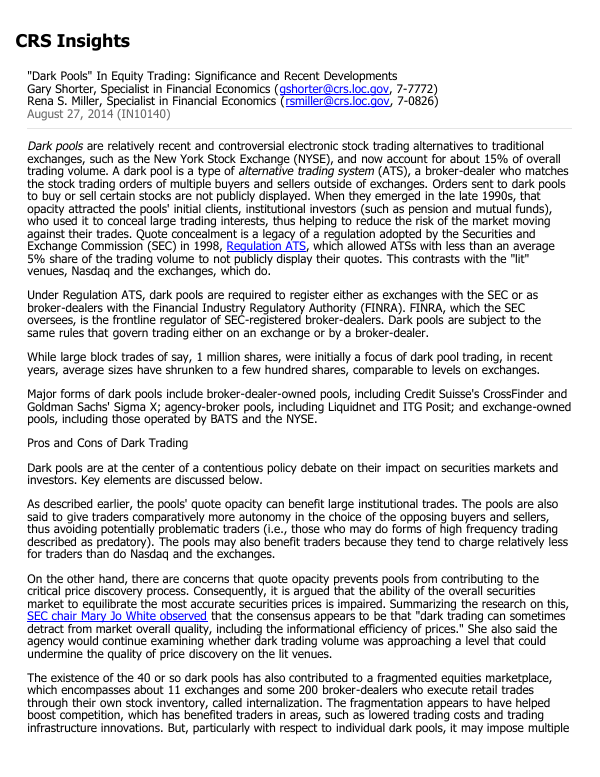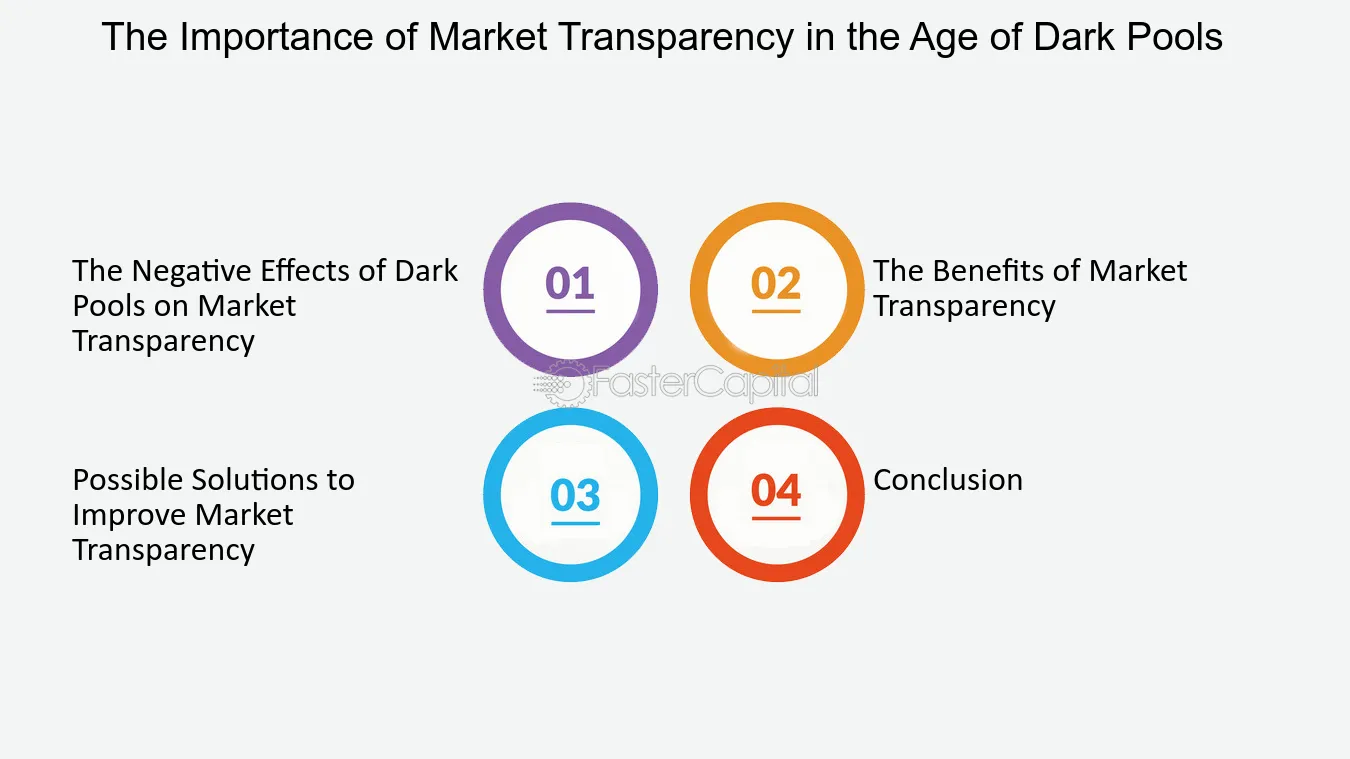Did you know that dark pools can be so secretive that they make the Batcave look like a public park? In this article, we delve into the mysterious world of dark pools and their complex influence on price discovery in financial markets. We explore how these private trading venues impact stock price accuracy, market liquidity, and transparency. Additionally, we discuss the potential risks of market manipulation and the regulatory landscape governing dark pool trading. By understanding how dark pools operate compared to public exchanges, traders can navigate large orders more effectively while assessing their effect on market volatility and overall stability. Join us as we uncover whether dark pools are beneficial or harmful to investors, all brought to you by DayTradingBusiness, your go-to source for trading insights.
How Do Dark Pools Influence Stock Price Discovery?
Dark pools slow down price discovery by hiding large trades, delaying the market’s ability to reflect true supply and demand. They reduce transparency, making it harder for public prices to adjust quickly to new information. This can cause prices in lit markets to diverge from the fair value, increasing volatility and uncertainty. Overall, dark pools limit the efficiency of price discovery by keeping significant trades out of view, impacting market transparency and accuracy.
What Is the Role of Dark Pools in Market Transparency?
Dark pools limit market transparency because they allow large traders to execute big orders without revealing their intentions publicly. This reduces the visibility of supply and demand, making it harder for other investors to gauge true market prices. As a result, dark pools can slow down price discovery, causing prices to reflect less real-time information and potentially lead to less efficient markets.
How Do Dark Pools Impact Liquidity in Financial Markets?
Dark pools reduce transparency, limiting public price discovery. They concentrate large trades away from visible markets, making it harder for prices to reflect real-time supply and demand. This can slow the incorporation of new information into stock prices, potentially leading to less efficient markets. While dark pools can improve liquidity for big traders, they may also cause price discrepancies and increase market fragmentation.
Are Dark Pools Beneficial or Harmful to Investors?
Dark pools hinder price discovery by hiding large trades, which can delay market adjustments and lead to less transparent prices. This opacity can cause investors to trade at less fair prices and increase market fragmentation. While they might reduce market impact for big traders, overall, dark pools can distort true market values, potentially harming ordinary investors seeking transparent, accurate prices.
How Do Dark Pools Affect Price Accuracy?
Dark pools can obscure the true market price, delaying accurate price discovery. They hide large trades, which can lead to less transparent prices and potential mispricing in the broader market. This reduces the efficiency of price discovery because the public market doesn't see the full picture of supply and demand. As a result, prices may not reflect the true value of securities until those hidden trades become public.
Do Dark Pools Create Market Manipulation Risks?
Yes, dark pools can create market manipulation risks because they lack transparency, allowing traders to execute large orders without revealing their intentions. This secrecy can distort price discovery by hiding supply and demand, potentially enabling manipulative practices like quote stuffing or layering. While dark pools aim to improve liquidity and reduce market impact, their opacity increases the potential for price manipulation.
How Do Dark Pools Differ from Public Exchanges?
Dark pools don't reveal trade details publicly, so they limit transparency and slow down price discovery. Unlike public exchanges where all bids, asks, and trades are visible instantly, dark pools keep order info private, reducing market efficiency. This secrecy can lead to less accurate reflection of supply and demand, impacting the true price of securities. As a result, dark pools can create a disconnect between the market price and the actual value, making price discovery less reliable.
Can Dark Pools Lead to Price Discrepancies?

Yes, dark pools can lead to temporary price discrepancies because they hide trade details, reducing transparency in price discovery. This can cause prices in dark pools to diverge from public markets until trades are revealed.
How Do Traders Use Dark Pools for Large Orders?
Traders use dark pools to execute large orders privately, avoiding market impact. They place big trades directly with other institutions, which keeps prices stable and prevents revealing their intentions. Dark pools reduce visibility, so their trades don’t influence the public bid-ask spread or move prices before execution. This allows traders to buy or sell large quantities without causing price swings, making it easier to get favorable prices without alerting the market.
What Regulations Govern Dark Pool Trading?

Dark pool trading is mainly governed by securities regulations like the SEC Rule 15c2-11 and Regulation ATS. These rules require dark pools to register as Alternative Trading Systems (ATS), disclose certain information, and follow transparency standards. They aim to prevent market manipulation and ensure fair trading, but dark pools still operate with limited pre-trade transparency, affecting overall price discovery.
How Do Dark Pools Affect Market Volatility?
Dark pools reduce transparency in price discovery, making it harder for the public market to gauge true supply and demand. This can lead to sudden price swings when large trades are revealed, increasing overall market volatility. Because big institutional trades happen quietly, they can mask market signals, causing unexpected price jumps or drops once revealed. Overall, dark pools can both stabilize short-term trading by preventing large moves and increase volatility by hiding actual market intentions.
Learn about How Do Dark Pools Impact Market Fairness?
Do Dark Pools Help or Hinder Fair Price Discovery?
Dark pools hinder fair price discovery by hiding large trades from the public market, which can distort true supply and demand signals. They reduce transparency, making it harder for investors to gauge the fair value of securities. While they can prevent market impact for large traders, they often lead to less efficient price setting overall.
How Do Dark Pool Trades Impact Market Efficiency?
Dark pool trades slow down price discovery by hiding order details, reducing transparency. This limits market participants' ability to see supply and demand, causing less accurate prices. As a result, price discovery becomes less efficient, potentially leading to wider spreads and delayed reactions to new information.
Learn about How Do Dark Pools Impact Market Fairness?
Are Dark Pools Increasing or Decreasing Market Transparency?

Dark pools decrease market transparency by hiding large trades from public view, making it harder for other investors to see true market prices.
Learn about How Do Dark Pools Obscure Market Transparency?
How Do Dark Pools Influence Overall Market Stability?
Dark pools slow down price discovery by hiding large trades, which can lead to less transparent market signals. This opacity can cause sudden price swings when hidden trades emerge, destabilizing overall market stability. They can also create information asymmetry, giving institutional traders an advantage and reducing market confidence. While dark pools help execute big orders quietly, their influence on price discovery can undermine the accuracy of market prices, increasing volatility.
Learn about How Do Dark Pools Impact Market Fairness?
Conclusion about How Do Dark Pools Affect Price Discovery?
In summary, dark pools play a complex role in price discovery, influencing stock prices and market transparency while impacting liquidity and volatility. While they can facilitate large trades without significantly affecting market prices, they also pose risks of market manipulation and price discrepancies. Understanding these dynamics is crucial for traders seeking to navigate the intricacies of financial markets effectively. By leveraging insights from DayTradingBusiness, investors can better assess the implications of dark pools on their trading strategies.
Learn about How Do Dark Pools Influence Price Movements?